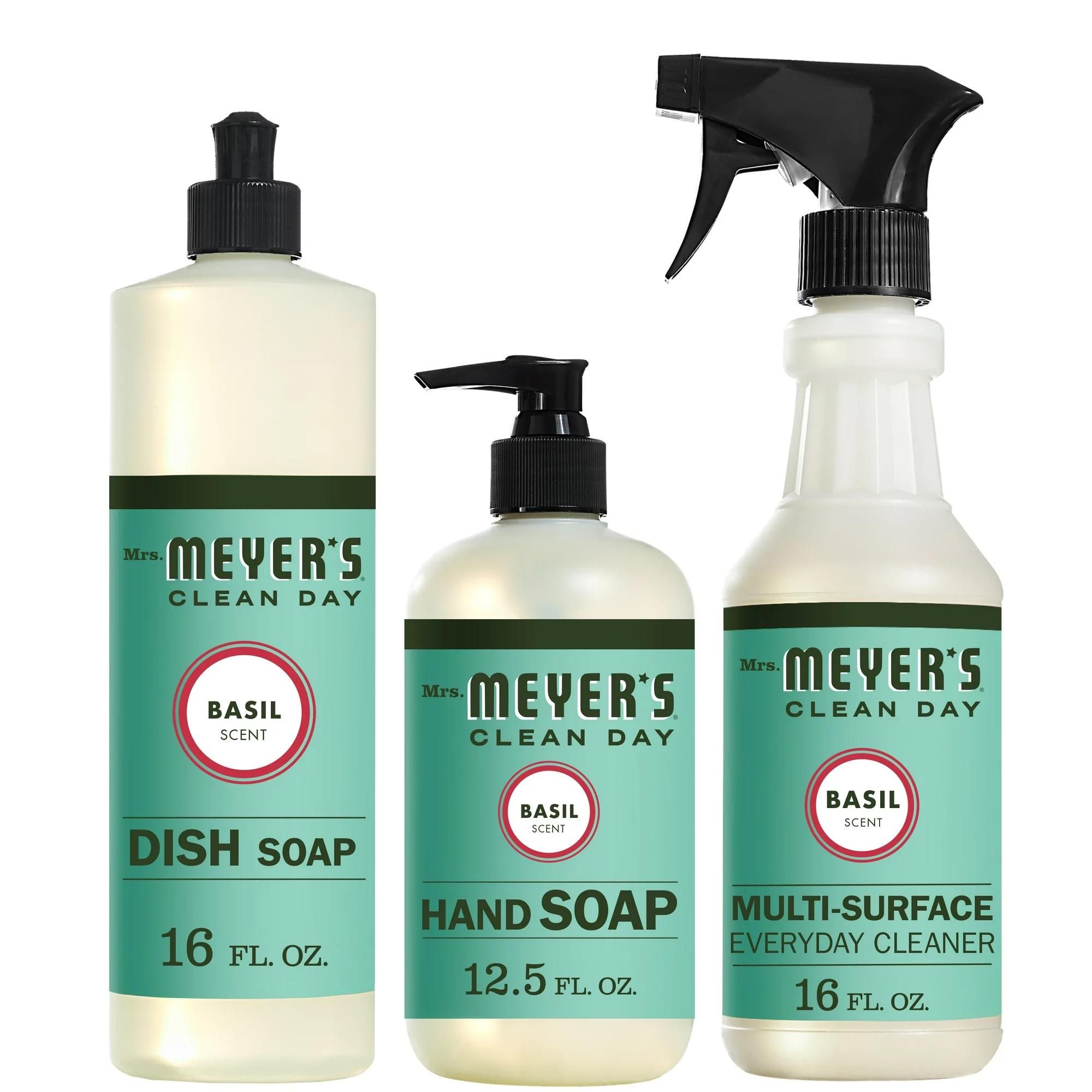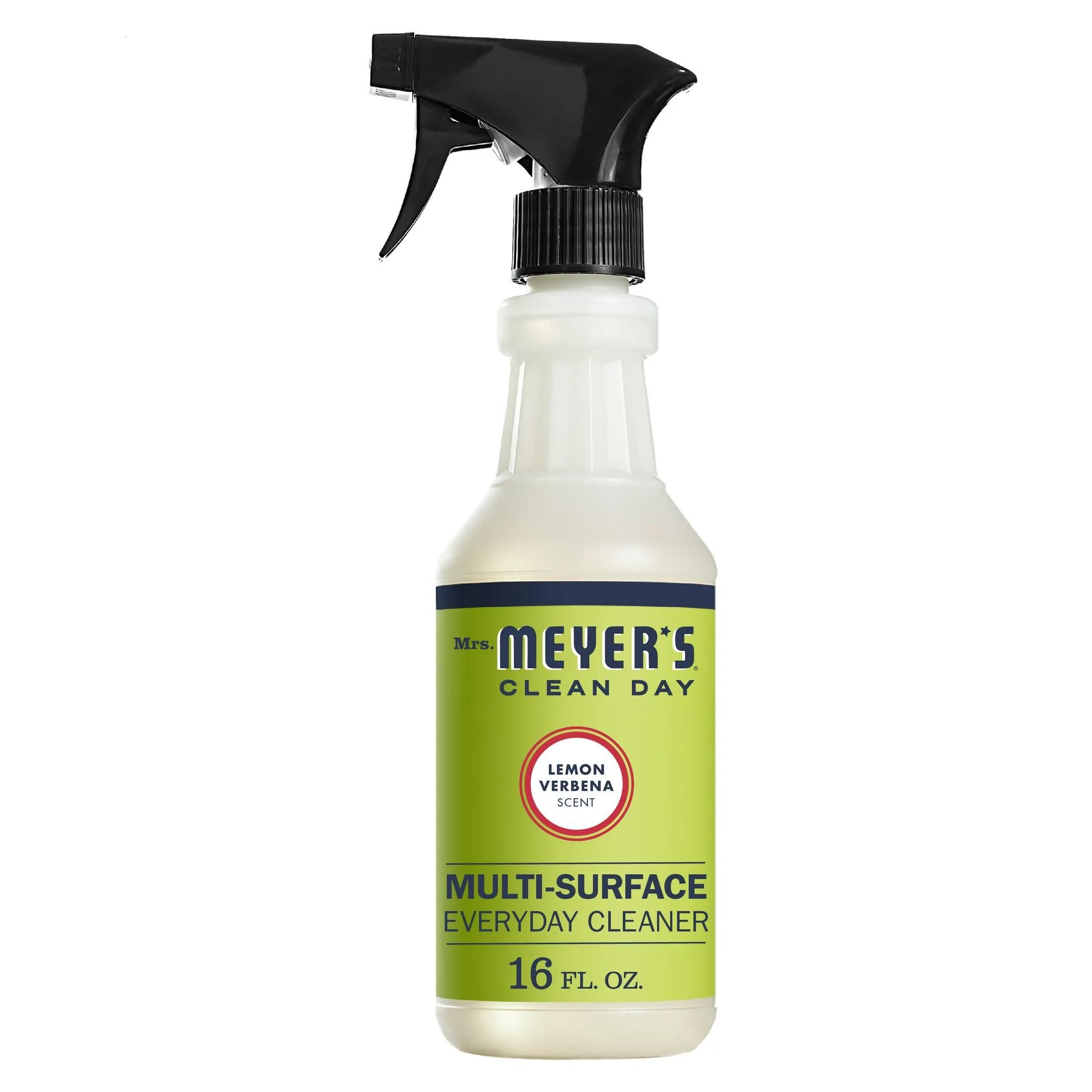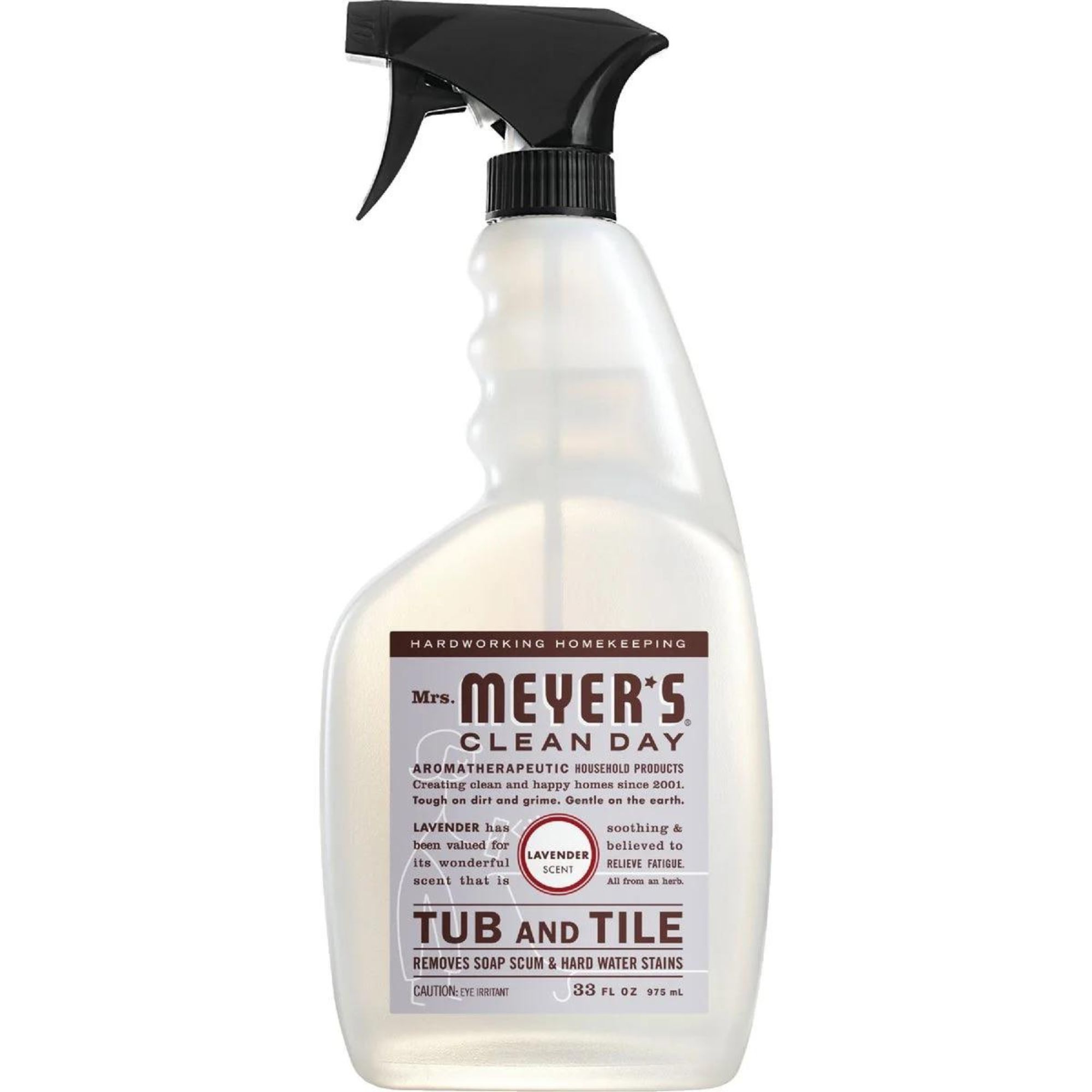7 counterproductive cleaning practices professional cleaners urge you to leave in 2023
You need to kick these seven cleaning practices for 2024, cleaning experts urge

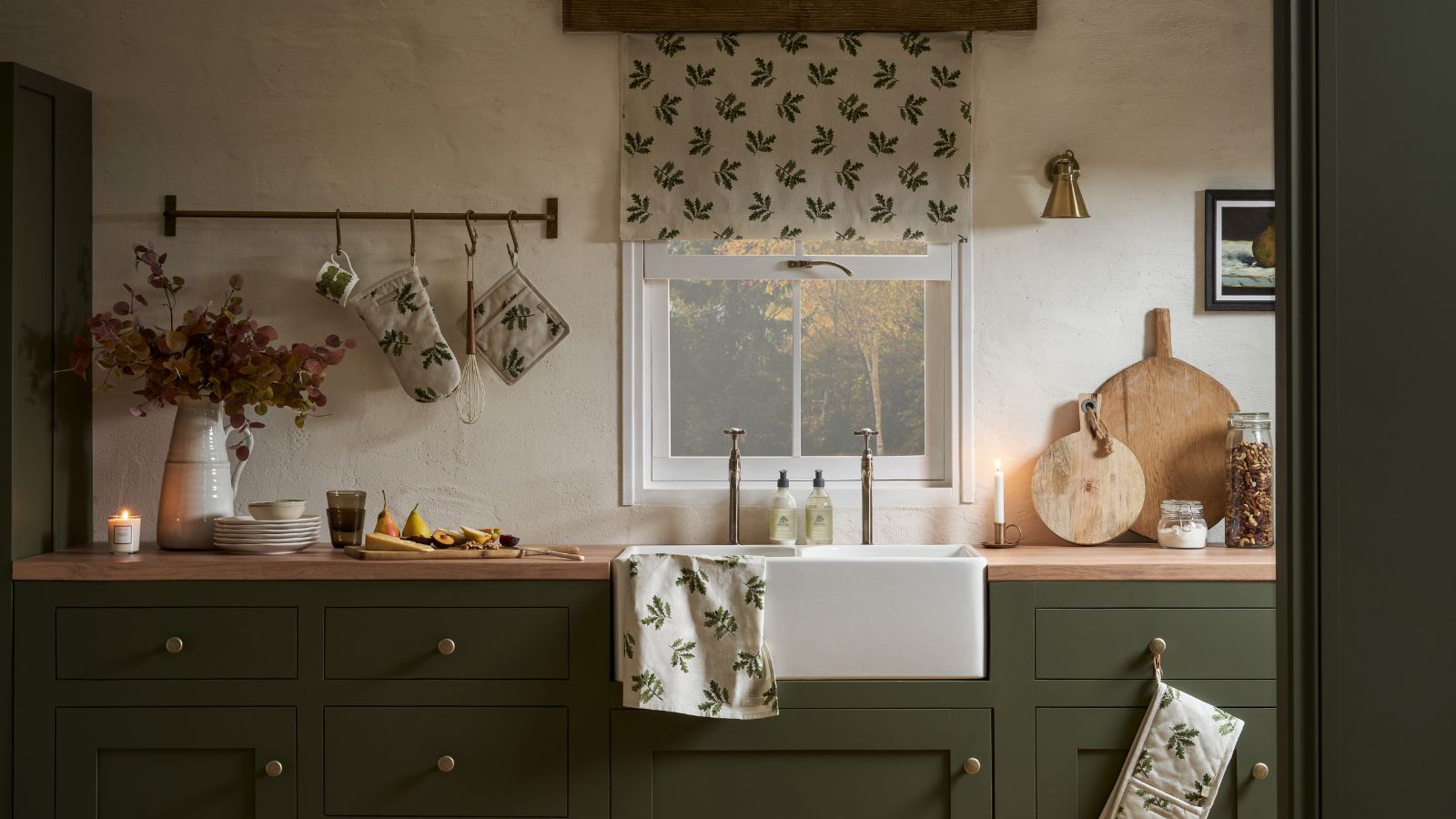
Just because we go through the motions of cleaning our homes does not mean we are cleaning them well – especially if we have picked up some bad habits and practices along the way.
Even if we think we are doing a good job at catching all the dirt, simple habits such as wiping away a cleaning spray too quickly, or not cleaning cloths correctly can be counterproductive.
These are the seven bad cleaning habits cleaners urge you to break in 2024 and how to fix your routine for a cleaner home.
Counterproductive cleaning practices we should leave in 2023
These seven counterproductive cleaning practices are simple to fall into and can be tricky to break, but it is possible, experts assure. When breaking bad habits, consider working on only one or two at a time and replacing them with other cleaning tips that are simple to remember but effective.
This is how the pros suggest rewiring your cleaning routine this year.
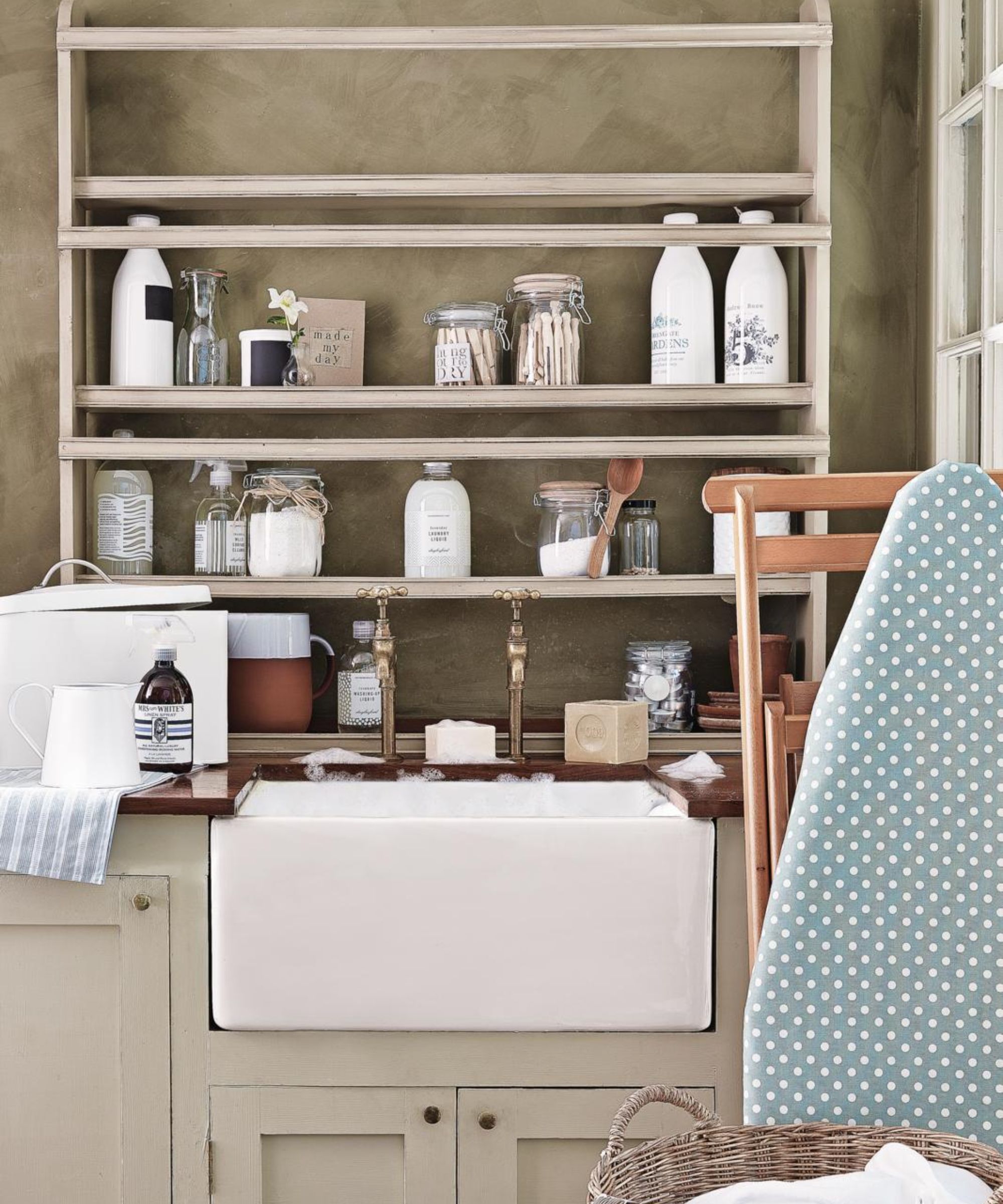
1. Procrastination
Everyone procrastinates on occasion, but repeatedly putting off tasks only makes cleaning your home harder, explains Elizabeth Shields, Operations Manager of Super Cleaning Service Louisville. In 2024, it would be wise to kick this habit to the curb, she urges:
‘You know that feeling when you spill a bit of something on the kitchen counter and think you’ll clean it up later? That "later" often turns into a bigger mess. It's like leaving that small coffee spill to sit. Over time, it attracts more grime, becoming an annoying stain that's harder to clean. Holding out for the "right moment" often leaves you with a bigger cleaning task later. Handling small chores right away can prevent them from piling up.
Design expertise in your inbox – from inspiring decorating ideas and beautiful celebrity homes to practical gardening advice and shopping round-ups.
‘One thing to do is to embrace a positive attitude,’ she suggests. ‘Changing your mindset about cleaning doesn't mean you'll suddenly adore every aspect of it, but it can make a difference.’
Consider finding ways to get motivated to clean, such as working to a timer, or watching cleaning motivation videos to work alongside, trying out different methods until you find one that sticks.
2. Overusing harsh chemical cleaners
There is a time and a place for stringent chemical cleaners, but there are several things you shouldn’t clean with bleach or similar harsh mixes, reminds Ryan Knoll, cleaning expert and founder of Tidy Casa.
‘Many people think the stronger the cleaner, the better the clean. However, harsh chemicals can damage surfaces and impact indoor air quality.’ Instead, Ryan suggests switching to eco-friendly cleaners like Mrs. Meyer's Clean Day products, available at Walmart. These are gentler but still ensure a clean, sanitized environment.

Ryan Knoll is the CEO and founder of Tidy Casa, a cleaning service that now spans multiple states across the US.
3. Using one cleaner for everything
'Just because multi-purpose sprays exist, doesn't mean that they are the perfect solution for absolutely everything around our homes. Rather, they should be used to supplement other cleaning products for quick cleans and staying on top of messes,' says Elizabeth Shields, cleaning expert.
‘You don’t need to hoard, but at the same time, stop using only one cleaner for everything,’ she urges. ‘It seems like a quick fix, but it doesn't always do the trick. It’s a good idea to add variety to your cleaning lineup using a cleaning supplies list – being sure to check what a cleaner is meant for and any precautions it suggests on the label to help avoid surprises.’
4. Using the same cleaning cloth everywhere
Similarly, using just one cleaning cloth for multiple spots in one room, or worse, using one cloth for multiple rooms, will contribute to the spread of germs and dust. 'It may seem convenient, but it is only wasting time and energy,' says cleaning expert Ryan Knoll.
Instead, he recommends color coding cleaning and using one cloth color for each important area. For instance, use a blue cloth for bathrooms, a green cloth for kitchens, and so on. This will help to prevent cross-contamination.
5. Not letting cleaning sprays sit long enough
'When trying to clean a house fast, it can be tempting to spray and wipe, jumping from surface to surface. However, wiping cleaning solutions away immediately might not clean your surfaces at all,' warns Ronnie Kendrick, cleaning expert and owner of CompanyClean.
‘Most take at least a minute – especially all-purpose or anti-bacterial sprays,’ he explains. ‘Spray, clean somewhere else, and return in a minute or two to ensure a truly clean surface.’
6. Neglecting cleaning tools maintenance
Often, one of the dirtiest places in your home isn't a room or area, but your cleaning tools themselves.
‘Tools like vacuums and mops are often overlooked in the cleaning process, leading to less effective cleaning and spreading of dirt,’ says Ryan Knoll, cleaning expert. ‘You should be regularly washing or replacing mop heads and vacuum filters to ensure tools are clean and functioning at their best, especially if you want your products to last,’ he shares.
Similarly, ensure you are washing microfiber cloths correctly to preserve their fibers and absorbency and change out any DIY cleaning sprays that have been sitting for longer than a few weeks to ensure they remain efficient.
7. Skipping deep cleans
'Quick maintenance cleaning and surface cleans are great from day to day to prevent a house from falling into chaos, but they are no substitute for deep cleans,' says cleaning expert, Elizabeth Shields. While you don't want to over-clean your home, doing a deep clean every one to two weeks is essential to staying on top of dirt and bacteria.
‘The real dirt hides in less obvious spots. It's the sneaky areas like behind furniture or under appliances that gather unnoticed dirt and grime,’ she says. ‘Instead, set aside time to schedule deep cleaning sessions to ensure every nook and cranny gets the attention it needs. Invest in tools like the best vacuum cleaners and even robot vacuums to get the job done.
‘You can also take advantage of cleaning services offering deep cleans on a weekly or monthly basis,’ Elizabeth adds. ‘Or, don’t be afraid to ask for help from your family members. It’s also a good time to bond and teach housework to kids.’
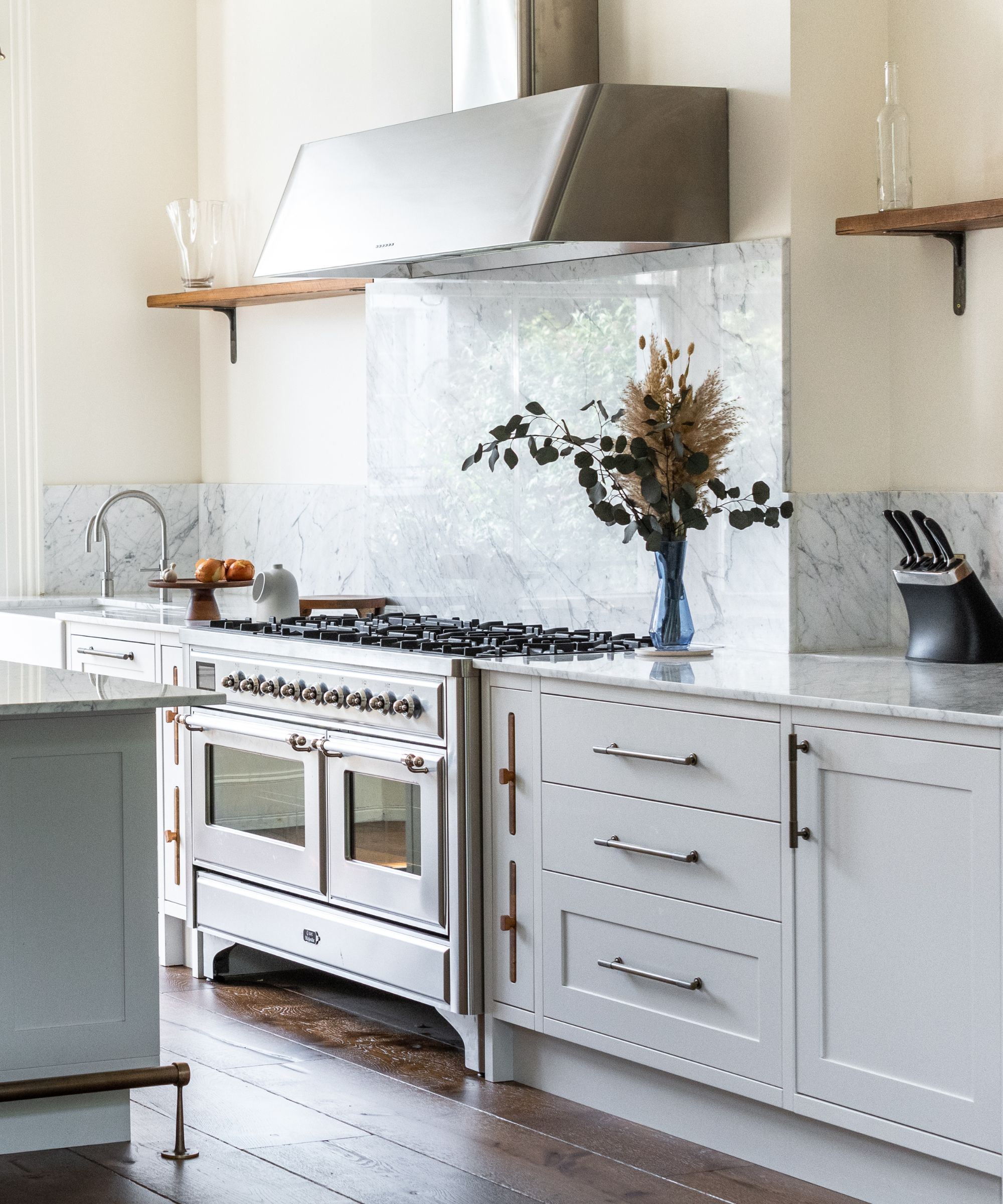
FAQs
How do you break bad cleaning habits?
When trying to replace bad cleaning habits with new ones, start with a tracker, writing down all the behaviors you want to alter and what you want to do instead. Start a few tasks at a time, working on them and ticking off whenever you successfully replace a bad habit with a new one until it becomes second nature. When the new habit is ingrained, move on to changing another habit, rewarding yourself every time you succeed.
How often should you deep clean your entire home?
How often you deep clean areas in your home will depend on how often you use them and how much traffic they see. Main living areas such as entryways, bedrooms, and living rooms should be deep cleaned every two weeks, increasing to every week for kitchens and bathrooms. Less-used spots like guest rooms and home offices can be deep cleaned once a month, depending on use. Home features such as windows and carpets can be deep cleaned twice yearly, usually in spring and fall, to keep them in top condition.
If you often find yourself cleaning when overwhelmed, it can be hard to break these cleaning habits, and it can be easy to fall back into them when you have started to make changes. To prevent backtracking into counterproductive practices, take your cleaning a little more slowly, working on one room or area at a time so you are less tempted to try to speed through things and make mistakes.

Chiana has been at Homes & Gardens for two years and is our resident 'queen' of non-toxic living. She spends most of her time producing content for the Solved section of the website, helping readers get the most out of their homes through clever decluttering, cleaning, and tidying tips. She was named one of Fixr's top home improvement journalists in 2024.
